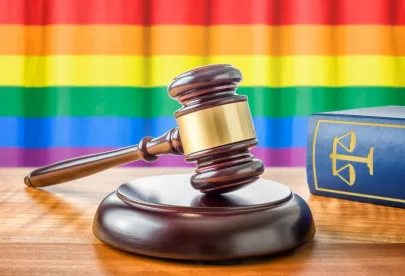On April 4, 2017, the Seventh Circuit Court of Appeals became the first U.S. federal appellate court to conclude that Title VII’s employment discrimination protections extend to sexual orientation bias in Hively v. Ivy Tech Community College, No. 15‐1720.
We previously previewed the possibility of this landmark decision on our blog in December.
Practically, the Court’s 8-3 en banc ruling in Hively means that unless and until the Supreme Court rules otherwise, a person who alleges that she experienced employment discrimination on the basis of sexual orientation discrimination within the jurisdiction of the Seventh Circuit (Illinois, Indiana and Wisconsin) has properly stated a claim for sex discrimination under Title VII.
In spite of the monumental civil rights issues at stake, Hively, at its core, remains a case of statutory interpretation. Given the well-worn competing philosophies regarding the judiciary’s proper role in this area, it is not surprising that the court was unable to reach a unanimous ruling.
In a lengthy, impassioned dissent, Judge Diane Sykes admonished the court's majority for abandoning a textual approach to statutory interpretation. Judge Sykes specifically characterized the majority’s approach as “circumvention of the legislative process by which the people govern themselves.”
On March 10, 2017, in Evans v. Georgia Regional Hospital, No. 15-15234, the Eleventh Circuit considered the same issues at stake in Hively but reached the opposite conclusion. The Eleventh Circuit held that it was bound by precedent and could therefore not recognize sexual orientation claims under Title VII.
The close proximity of the contradictory rulings by the Seventh and Eleventh Circuits increases the likelihood that the Supreme Court may soon step-in to conclusively resolve this dispute.



 />i
/>i
